- How do I edge my way into a discussion in a group that is already conversing?
- How do I get the attention of important people without seeming like I am stealing the spotlight?
- How do I make a memorable impression when there are so many other people talking?
- How do I turn an interesting conversation into a meaningful professional connection?
An opening statement that characterizes your salient passion.
Some examples:Person A: “In the last three years of my career I have been most focused on helping people communicate more effectively in a professional context.” Person B: “During my career in investment banking, the most important lesson I have learned is that data can be used to make really meaningful predictions, and I have really loved strengthening my analytical skills while at MCG Bank.” Person C: “During my consulting years, I realized that the experiences I most valued were those that allowed me to help build something new. So I joined STARTCO where I helped launch new products for a year before starting business school.”
If you are a fan of Simon Sinek, this is your “Why.” Notice that the bolded terms give the listener a window into your passions and what matters to you and allows the connection to start on the basis of your enthusiasm and values.One or two concrete and vivid examples of this passion in your recent accomplishments.
Some very brief examples:Person A: “For example, I lead workshops for women in business school and teach them how to tell their personal stories in a way that inspires them and employers. I use the ideas of Hollywood movies to help people uncover their natural storytelling abilities.” Person B: “In fact on my last project, I did some extra due diligence on a client’s acquisition of a network of factories in rural China, and by quantifying local risk factors the client hadn’t considered in my model, I successfully helped them negotiate a better price with the seller.” Person C: “The coolest product I helped launch is called a ‘widget.’ In a span of only six months, we got the thing designed, manufactured, and distributed to a small market in Southern California. It’s already profitable, so the company is planning to scale up production for a national launch in the next year.”
A closer that opens up the conversation to everyone else.
THIS is the part that is most situation-dependent and must be spontaneous. Questions can be very effective, but you can also just end with a statement and allow someone else to pick up the ball and run with it. Some examples:Person A: “I love my work because it’s fun and it really makes a difference for people. It also allows me a lot of flexibility to travel, which is something else that’s really important to me.” Person B: “It’s been a long journey though, I was terrible at excel when I first started. What would you say is the most important skill you’ve developed from scratch since starting your career?” Person C: “My goal after business school is to transition into a marketing role at a larger company. I have so much more to learn and I hope to get some good training and mentoring in the nuances of customer insight in my next job.”
You can see that any one of these statements is an invitation for someone else either to ask you a follow up question, chime in with their own perspective, or draw a connection between you and what they do. It is open and fluid so that others can enter and participate, and this is critically important for these group networking events! Play with a few different ways to introduce yourself, have fun, and see if you can surprise yourself each time by saying something different that really excites and inspires you. For more communication tips and tools to advance your career, please check out mbacareercoaches.com.









